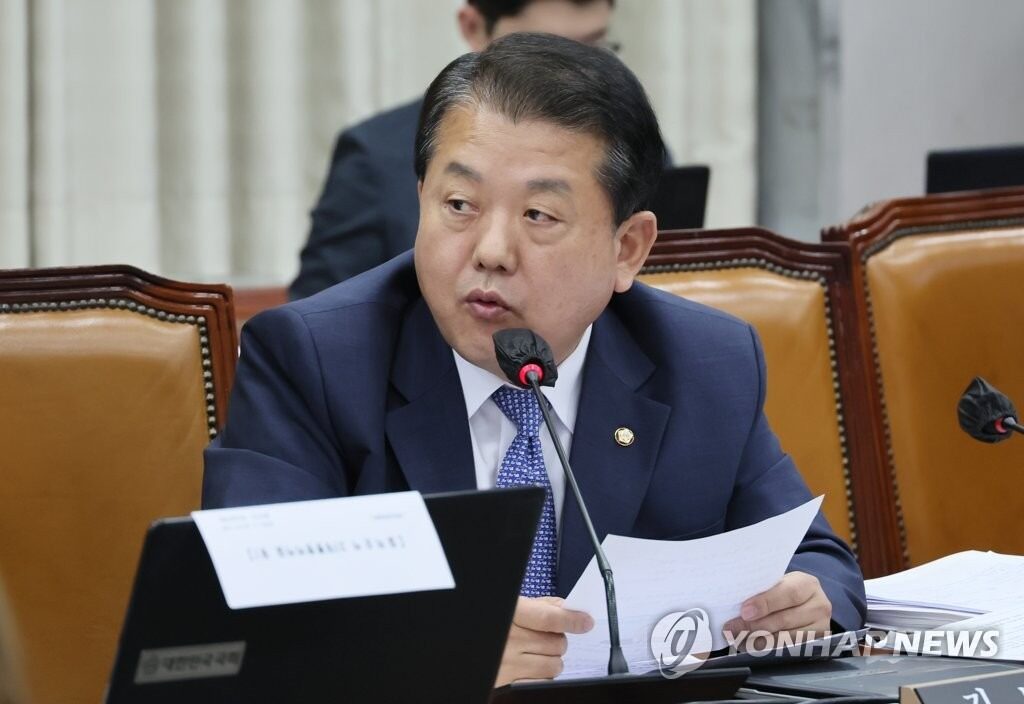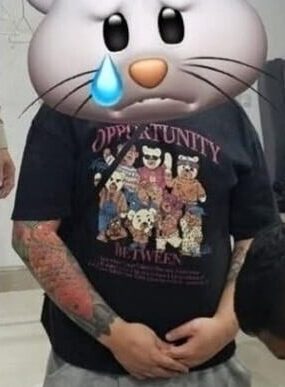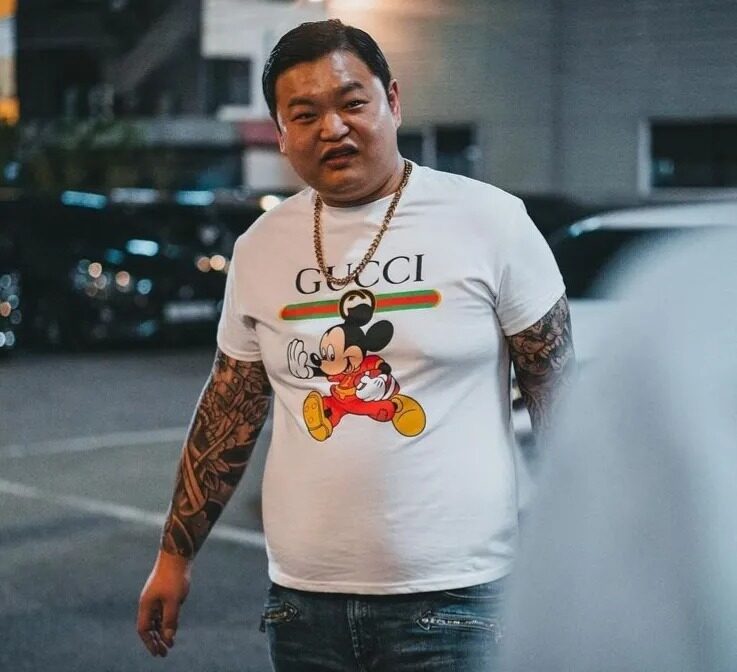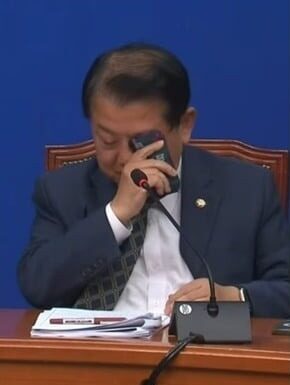He was trapped and abused in a crime compound

The South Korean public has locked horns in online communities following the repatriation of South Koreans held captive in a Cambodian crime syndicate, because one of them is speculated to have full-body tattoos.
Earlier this month, South Korean lawmaker Kim Byung Joo, a senior member of the Democratic Party, announced that he had helped rescue three South Korean men who were trapped in Cambodia. All three men, in their 20s, traveled to Cambodia in August after coming across job advertisements that promised high earnings. Upon arrival, they were locked up in a criminal compound and forced to participate in online scams. Their Chinese handlers reportedly confiscated their passports and mobile phones and subjected them to physical abuse.

Lawmaker Kim shared some photos from the rescue operation, which featured one of the victim’s entire body blurred out, possibly due to his extensive tattoos. Since tattoos are still quite controversial in the country, it is standard practice for public figures to hide them when appearing on any formal platform.

The photo posted by Kim Byung Joo soon triggered a political controversy. Right-wing politicians and online users quickly labeled the rescued man a criminal and a gangster, comparing him to “Chorong,” the leader of a crime ring from the popular Korean movie The Roundup: No Way Out. An opposition lawmaker even remarked that Kim should have only saved “innocent citizens” and not criminals with tattoos. Park Soo Young from the People Power Party also accused Kim of making a political theater out of repatriating “gangsters.”

While addressing these remarks through a press conference, Kim Byung Joo teared up and called out the stigmatization of people based on appearance.

Politics that tells you to ignore someone just because they have tattoos and are suspected of a crime, politics that asks ‘why did you save them?’ after rescuing citizens — that’s nothing but slander and a curse disguised as factionalism.
— Kim Byung Joo
Kim added, “Are we really branding young people as gangsters and fueling hate and division just because they have tattoos?”
This discourse has attracted largely polarizing responses from the general public, with one half condemning the prejudiced mindset against tattoos, while others doubling down on the conventional belief that tattoos imply a bad personality.


